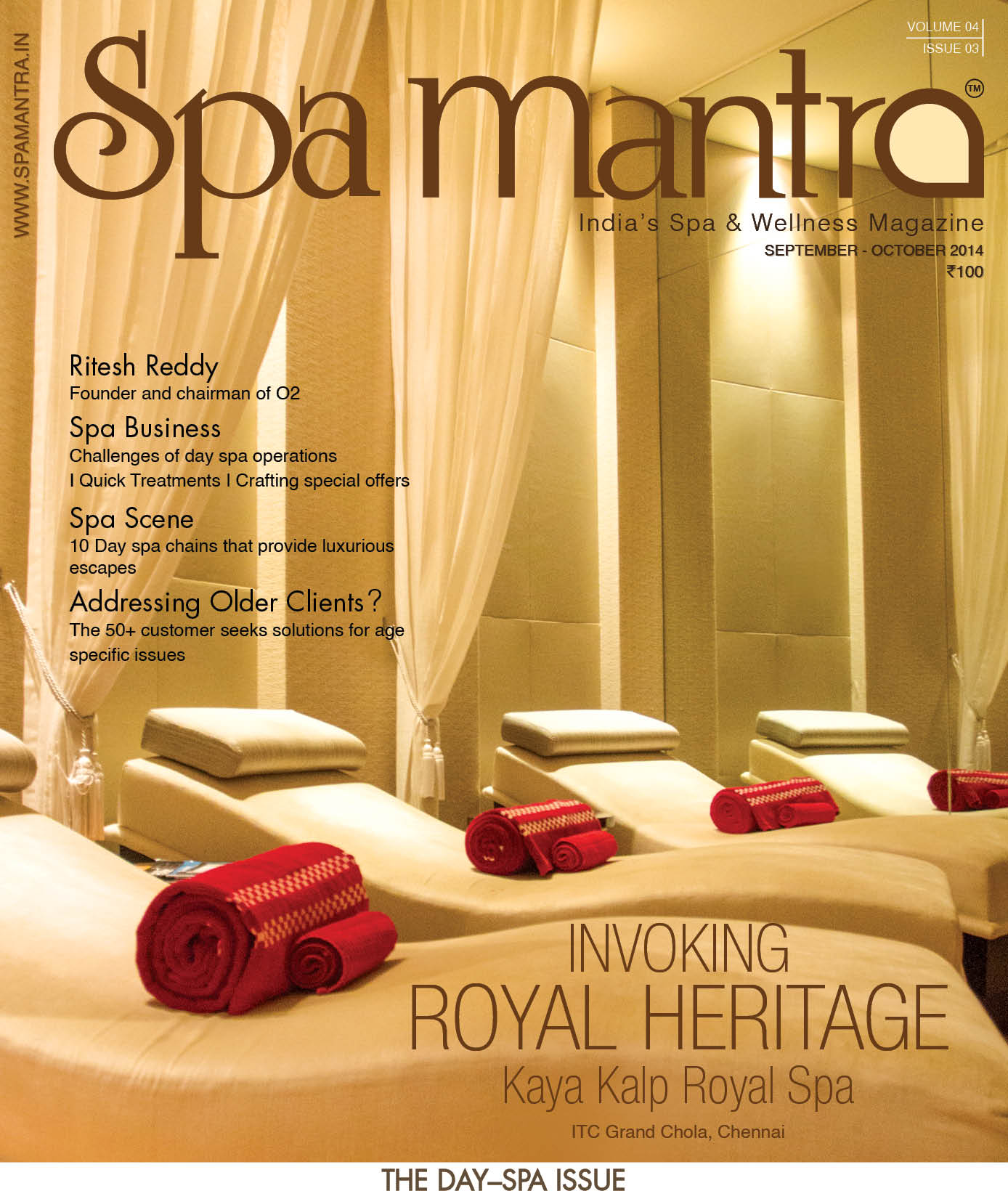Not too long ago, the Pilates method was an obscure method of training that few knew about. While some dancers understood the brilliance of the method, the techniques were largely unknown and unpracticed. In the last 20 years however, Pilates has become increasingly popular and more mainstream. Pilates remains a fast-growing form of exercise worldwide and no matter who you are, and whatever walk of life you are from, most people have heard about Pilates or heard of its benefits.
About Joseph Pilates
Pilates gets its name from its founder, Joseph H. Pilates. Born in 1883 in Germany, Joe was small and sickly as a child. Determined to overcome his physical disadvantages, he began to study anatomy, bodybuilding, wrestling, Yoga and gymnastics. At the outbreak of World War I, he was made to work in an internment camp on the Isle of Man. During this involuntary break, he began to intensively develop his concept of an integrated, comprehensive system of physical exercise. He trained his fellow inmates in fitness and exercises. It is said that these inmates survived the 1918 flu pandemic due to their good physical shape.
Pilates believed that the “modern” life-style, bad posture, and inefficient breathing lay at the roots of poor health. He ultimately devised a series of exercises and training-techniques and engineered all the equipment and specifications required to teach his methods properly.
Around 1925, Pilates migrated to the United States. On the ship to America, he met his future wife, Clara. The couple founded a studio in New York City and directly taught and supervised their students well into the 1960s. His method, originally called “Contrology”, was related to encouraging the use of the mind to control muscles.
The Pilates Method
Pilates in its purest form, is a series of non-impact exercises designed to develop strength, flexibility, balance and concentration. It is done with the use of equipment or with no equipment in a mat class. It focuses attention on core postural muscles that help keep the human body balanced and provide support for the spine. In particular, Pilates exercises teach awareness of breath, alignment of the spine, and strengthen the deep torso and abdominal muscles.
The key to Pilates is fewer yet more precise moves that require concentration and correct form. While doing Pilates, you concentrate on your body’s position, the moves you are doing, the muscles that are engaged as you do the moves, and the breathing pattern as you move. The Pilates method is a physical fitness system where in each move is controlled, deliberate and effective.
The focus of Pilates involves engaging the groups of muscles that encircle the torso from the lower rib cage to below your beltline, many times referred to as your ‘powerhouse’ or ‘core’. These core muscles are connected to the limbs, which affects the way you stand, squat, sit etc. It’s not just about the abdominal muscles, but also training your back, your glutes, and the entire area that connects to your spinal cord. These are the parts that help your body support your spine, so that the burden of supporting your body weight isn’t just placed on your bones. However, as you advance in your Pilates practice, you will expand your repertoire, and incorporate literally all major muscle groups. This results in overall body sculpting as well as developing proper alignment and posture.
Pilates is practiced in a ‘Pilates studios’ which are exclusively meant for Pilates. Most Pilates studios engage in mat classes and classes on various apparatus or equipment or machines. These pieces of equipment were originally designed by Joe himself. The machines work on springs, which provide resistance training. There are in excess of 500 exercises for Mat and Pilates equipment. With its increasing popularity, Pilates is now taught at fitness centres and gyms as well.
Reasons for Popularity
There are many reasons for the soaring popularity of Pilates as a form of fitness.
1.Pilates is extremely Adaptable
It is a form of fitness that provides strength and flexibility to someone at any age or any level of fitness. It can be easy or very hard, depending on the needs of the individual. The ability to modify exercises for different populations is actually one of the greatest strengths of Pilates. It is a popular form of fitness for pre and post-natal pregnancy. The exercises can also be adapted for people who have limited movement or who use wheelchairs. And on the other extreme, the Pilates method also provides an ongoing challenge for even the fittest athletes.
2.Assists in Injury Prevention and Rehabilitation
The importance of the strength and flexibility of the “core” has already been established. If our core muscles are not working properly, we start to recruit the superficial muscles that usually move our limbs, in order to stabilize and support our body. As these muscles are not designed to be active for prolonged periods, they become prone to overuse. This manifests as injuries. The most obvious place for these injuries to occur are in the lower back and pelvis, but an unstable core can result in pain in the hip, knee, foot and even the shoulder and neck.
Pilates not only helps healthy individuals strengthen the “core” to prevent these injuries but also helps those injured in gaining their core strength back through rehabilitation. Today, physical rehabilitation encompasses a wide range of therapies, and Pilates is certainly among them.
It helps to relieve pain; protect injured joints and muscles from further damage or reinjury; avoid surgical procedures; speedy recovery from surgery or injuries by – regaining strength, flexibility, muscle tone, and overall endurance; and also aid recovery from stroke and other neurological events.
3.Helps Sculpt the Body and Flatten the Tummy
Pilates is an endurance exercise routine and regular practice gives you a lean and slender body. The human body has two types of muscles. The first are white fibre muscles, which are responsible for fast, spontaneous activities that require a lot of effort; they tend to increase in diameter as a result of exercise and create the hypertrophied bodies that you often see with body-builders. The other, Red fibre muscles, which are slow to fatigue and they are the basis of the endurance training routines. These muscle fibres can become more slender as a result of an exercise and gives a person a leaner body. This is the reason why dancers and marathon runners have such lean bodies. Pilates has become popular as it helps sculpt the body without adding bulk.
Pilates is also known to reduce the size of one’s tummy or belly. Most people see an immediate drop in their waist size as the exercises tone the abdominal muscles (tightening them and thus shrinking their size) and hence a reduction in the waist size.
4.Improves Posture and Body Awareness
Today, in our extremely busy lifestyles we can spend hours at a desk, driving, running errands and so on. Over time, the muscles that we tend to use the most get stronger and those that we don’t use much get weaker. In time this results in the body being pulled “out of balance” by the strong muscles, resulting in joints getting pulled out of their proper position, e.g. shoulders or the pelvis. This can put undue pressure on the spine and an individual’s overall posture can deteriorate.
While in a Pilates class, there is a lot of emphasis on proper alignment during exercise- spinal and pelvic alignment, hip and feet alignment and so on. It makes you more aware of your body and the right position of your body at all times. The instructor uses many tools that give an individual the awareness of how their body moves and how they can improve it. Some clients respond to hands on assistance, for example “drop the shoulders” whilst the Instructor gently presses the shoulders down. Some respond to more verbal cueing “gently squeeze your shoulder blades together” thus helping to improve the shoulder position and stretch the chest. This body awareness changes the way the person sits, walks and look, not just in the Pilates class but, in their everyday lives. This makes Pilates different from all other exercise programs out there and makes it more effective for creating a graceful posture.
Media exposure and Celebrity Endorsements
Pilates has come a long way in the last 50 years. It started by being a means of conditioning for a very small group of people (dancers primarily in New York), gradually progressed through the years and exploded as an exercise trend in the 90s.As with any other form of fitness the popularity grew over the years as well known celebrities got attached to the method.
Celebrities, who have practiced Pilates and workout regularly include the likes of David Beckham, Sarah Michelle-Gellar, Megan Fox, Naomi Campbell, Michelle Obama, Hugh Grant,Madonna, Oprah, Jennifer Aniston, Gwyneth Paltrow, Julia Roberts and Tina Turner just to name a few.
The media attention and increasing consumer awareness has made Pilates one of the fastest growing trends in fitness today.
Writer | Panna Paranjape
FAQ
Privacy policy
Welcome to www.spamantra.in (the “Site”), a website owned and controlled by C&E Pvt. Ltd (“C&E”, “we”, “us”, or “our”). We operate the Site, and C&E products and services made available through the Site (collectively the “Services”), which make link creation in copied and pasted content effortless to readers and, in certain cases, enables easier searches from copied content. We provide this privacy policy to let you know what information we collect, and how we use it, share it and protect it.
Privacy Practices for Visitors to the Spa Mantra Site
(a) The information we gather and how we use it: The Site is primarily directed to Publishers, although we welcome End Users who want to know more about our Services. We do not collect any PII from End Users through the provision of our services. When a Publisher signs up for our site, we will collect the Publisher’s e-mail address to enable us to offer the service. A single e-mail address from the Publisher is the only Personally Identifiable Information (“PII”) that we collect and we do this only to enable login to the site and to enable us to contact the Publishers that use our Services.
(b) Controlling our use of Publisher Login Information: If you have provided your email address when registering for our Site, you may modify that information at any time by visiting your account settings (https://id.C&E.com/account/account_settings). You can also delete your account at any time. You can opt out of receiving certain email communications from the Site by clicking the “Unsubscribe” link at the bottom of each email.
(c) Information Sharing: We will use a Publisher email address provided at login exclusively as follows:
With third parties if we have a good faith belief that access, use, or disclosure of such information is reasonably necessary to (a) satisfy applicable law, regulation, legal process or an enforceable governmental request, (b) enforce the applicable Terms of Service, including investigation of potential violations thereof, (c) detect, prevent, or otherwise address fraud, security or technical issues, or (d) protect against harm to the rights, property or safety of C&E, its users or the public as required or permitted by law.
In the event we go through a business transition such as a merger, acquisition by another company, or sale of all or a portion of our assets, the Publisher’s email address may be among the assets transferred.
Privacy Practices for End Users Who Visit Publisher Sites that have C&E Services Installed
We do not collect any PII from End Users who visit Publisher Sites.
We operate the Services, which make link creation in copied and pasted content effortless to readers and, in certain cases, which make searches from copied content easier. When you, an End User, copy content from a Publisher Site and paste it into another document, the Services that have been installed on the Publisher Site may, at the publishers discretion, automatically append a link back to the original content. When you visit a Publisher Site, we collect certain non-personally identifiable information (“Non-PII”) for use on our platform (the “C&E Platform”). We enable our Publishers to use this information via the Platform for analytics purposes, and we also use some of this information to market our products and services to you and those of third parties we believe may be of interest to you as described below.
(a) The information we gather and how we use it:
PII – We do not collect PII from End Users who visit a Publisher Site.
Non-PII – We collect Non-PII through the provision of Services for use on the C&E Platform. For example, when you visit a web page on a Publisher Site, our server logs may collect your Internet Protocol address, browser type, browser language, the date and time you visited that web page, and the web search that landed you on that web page. We may also collect information regarding what content you copy from the Publisher Site. Also, when you visit a Publisher Site, we will place a cookie onto your computer or other device. “Cookies” are small pieces of information that a website sends to your computer’s web browser while you are viewing a website. We use cookies to improve the quality of our Services, including identifying user preferences and interests and identifying user trends. We also use cookies to help advertisers and publishers serve more relevant ads to users.
(b) Controlling our use of your Non-PII: If you don’t want us to (i) enable C&E-generated links in connection with copied content, or (ii) track your Non-PII, you can opt-out by clicking the Opt Out button on this page. You will need to Opt-Out for each browser you use and have cookies enabled.
(c) Information Sharing: We share Non-PII with other companies or individuals as follows:
We use Non-PII to enable us to provide our Services to our Publisher partners. We also use Non-PII to enable advertisers to serve more relevant advertisements to their audience.
We share any information we have with third parties if we have a good faith belief that disclosure of such information is reasonably necessary to (a) satisfy applicable law, regulation, legal process or an enforceable governmental request, (b) enforce the applicable Terms of Service, including investigation of potential violations thereof, (c) detect, prevent, or otherwise address fraud, security or technical issues, or (d) protect against harm to the rights, property or safety of C&E, its End Users or the public as required or permitted by law.
In the event we go through a business transition such as a merger, acquisition by another company, or sale of all or a portion of our assets, we expect that any and all information that we have will be among the assets transferred.
In addition, we may aggregate your Non-PII with the Non-PII of others and share that aggregated information with third parties without restriction.
Information Security and Retention
We take reasonable security measures to protect against unauthorized access to or unauthorized alteration, disclosure or destruction of data. These include firewalls and encryption, internal reviews of our data collection, storage and processing practices and security measures, as well as physical security measures to guard against unauthorized access to systems.
We restrict access to Publisher email addresses to C&E employees, contractors and agents who need to know that information in order to operate, develop or improve our Services. These individuals are bound by confidentiality obligations and may be subject to discipline, including termination, if they fail to meet these obligations. However, we are unable to guarantee that the security measures we take will not be penetrated or compromised or that your information will remain secure under all circumstances.
We retain records of Publisher email addresses for as long as the Publsher maintains its account.
We retain detailed records of End User activity for a maximum of 90 days. Statistical summaries and data aggregations may be kept for longer periods.
Children
We do not knowingly collect or maintain PII from any individuals – especially individuals who are under 13 years of age, and no part of our Site or Services are designed to attract people under the age of 13. Protecting the privacy of children is very important to us. If we obtain knowledge that a user is under the age of 13, we will take steps to remove that user’s data from our databases.
Links to Other Sites
Our Site and Services contain links to, and allow you to share content on, third party websites and services. The fact that we link to a website or service or allow you to share content on them is not an endorsement, authorization or representation that we are affiliated with that third party, nor is it an endorsement of their privacy or information security policies or practices. This privacy policy applies only as provided in the “Scope” section above. Other websites and services follow different rules regarding the use or disclosure of personal information. We encourage you to read the privacy policies or statements of the other websites you visit.
International Users
The Site and Services are hosted in the United States. If you access the Site or Services from the European Union, Asia, or any other region with laws or regulations governing personal data collection, use, and disclosure that differ from United States laws, please be advised that through your continued use of the Site or Services, you are transferring your PII (there is no PII associated with services – we need to alter these sentences) to the United States and you consent to that transfer. Additionally, you understand that your PII may be processed in countries (including the United States) where laws regarding processing PII may be less stringent than in your country.
Questions or Comments?
C&E regularly reviews its compliance with this Privacy Policy. Please feel free to direct any questions or concerns regarding this Privacy Policy by contacting us through this Site, by emailing us at info@spamantra.in or writing to us at:
Privacy
C&E Pvt. Ltd
210 Srikant Chambers
Sion Trombay Road
Chembur, Mumbai
400071
Changes to this Privacy Policy
Please note that this Privacy Policy may change from time to time. If you have any additional questions or concerns about this Privacy Policy, please feel free to contact us any time through this Site or by writing to us at the address set forth above.
Cancellation & refund policy
Return Items
If you are not completely satisfied with your purchase, you may be eligible to return the item for a refund.
To return an item, please visit online Order Status for assistance 24 hours a day, or call xxxx-xxxx, Monday – Friday from 5:00 a.m. to 8:00 p.m., or Saturday – Sunday from 7:00 a.m. to 4:00 p.m. Pacific time.
Returns policy
Items that cannot be returned include:
•
•
•









